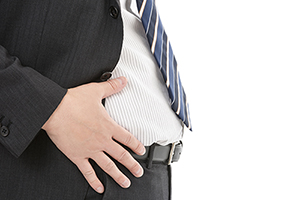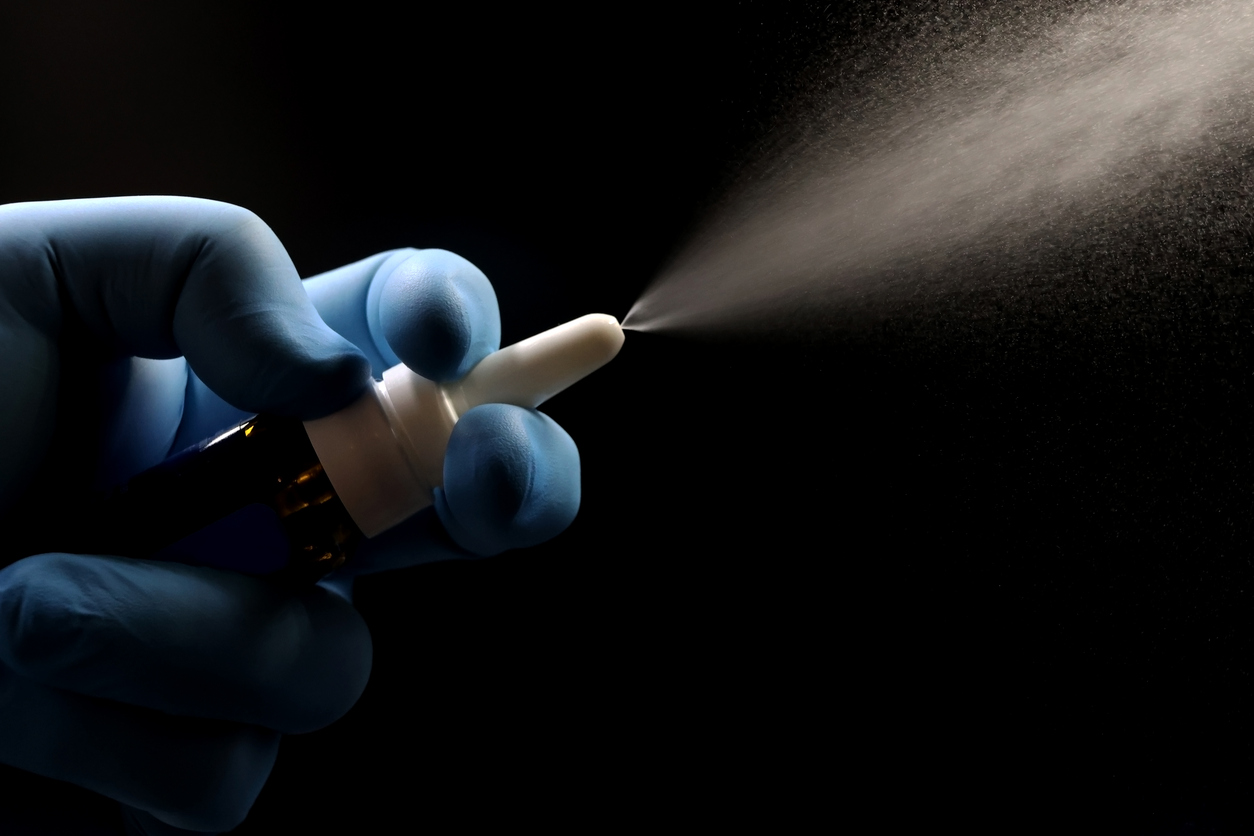During my medical training in the 80s, we treated a lot of very sick patients. When things went south, as they inevitably did, we fatalistically blamed patients’ declines on their “poor protoplasm.”
What is poor protoplasm? As with the oft-quoted definition of pornography by Supreme Court Justice Potter Stewart, I’m not exactly sure what it is, but “I know it when I see it.”
Protoplasm is an archaic term for the biological goop which constitutes our tissues and organs. Age, pollutants, drugs and alcohol, poor nutrition, smoking, sedentary lifestyle, and bad hygiene all undermine the quality of this precious, life-sustaining essence.
A typical patient we might have designated “poor protoplasm”: a half-starved homeless alcoholic with filthy tattered clothing; a drug-addicted prostitute with needle-marks on her arms; a chain-smoking Vietnam vet with hypertension; an obese diabetic nursing home resident; a schizophrenic patient transferred from a long-term psychiatric facility. These patients often responded poorly to even the most aggressive medical interventions.
What we’re seeing with the current COVID-19 pandemic is that age and “co-morbidities” dramatically increase the risk of being hospitalized and/or dying of coronavirus. In Italy, where death rates were particularly high, the average age of patients who succumbed hovered around 80. And conditions like heart disease, hypertension, diabetes, pre-existing lung disease and morbid obesity accounted for the majority of severe cases.
This is not to say that well persons are exempt. That notion has led to some cruel speculation that coronavirus is merely “culling the herd” of minimally viable individuals. It’s even been suggested that we “let ‘er rip” and get over it quickly because the cost of saving a few expendable sickly folks is not worth the economic consequences of a total lockdown. This is far from the truth.
Surviving coronavirus, like many things in life, is not purely a “merit system.” In many cases, the “good” are dying young. We see this especially with otherwise young and healthy healthcare workers who are being exposed to enormous viral loads on the frontlines and ending up on ventilators themselves.
But here’s a question raised by Reuters: “Why is New Orleans’ coronavirus death rate seven times New York’s?” The speculation: “Obesity is a factor”. And, indeed, New Orleans and surrounding parishes are hotspots for overweight and diabetes. We already witnessed its vulnerability in the aftermath of Hurricane Katrina, when hapless Louisiana residents, temporarily deprived of access to medical care and medications, died by the hundreds. Poor protoplasm!
While New Orleans ranks among the worst places in the U.S. in terms of diabetes, the fact remains that 32% Americans have high blood pressure, 31% are obese, and 11% have diabetes. Probably double-digits more are pre-diabetic, suffering unaware from insulin resistance and metabolic syndrome. In fact, according to Dr. Mark Hyman, the proportion of adult Americans who are “metabolically fit” is a mere 12%!
Why might obesity, diabetes and its precursor metabolic syndrome heighten risk for those exposed to the Coronavirus? In a recent article in Physiology researchers confirm that individuals with diabetes, hypertension and severe obesity are more likely to be infected and are at higher risk for complications and death from COVID-19. They explore the mechanisms of this vulnerability.
They speculate that augmented angiotensin converting enzyme (ACE2) expression in metabolically-challenged patients may amp up binding of viral particles to cells. Additionally, high blood sugar paralyzes critical white blood cell defenders that search out and destroy viral invaders. Finally, excess body fat promotes inflammation, which, when out-of-control, sets the stage for cytokine storm which results in respiratory failure and organ damage.
In addition to bad diet and lack of exercise that are controllable variables for susceptibility, how much do deficiencies of key nutrients like vitamins A, C, D, E, and micronutrients like zinc and selenium mediate COVID-19 resistance? We have to study this carefully by analyzing patients’ blood tests—there’ll be plenty of stored serum samples to review by the time this is over.
This recalls the 19th Century debate about disease causation: Which is more important—the pathogen or the terrain? Louis Pasteur, peering through his microscope and inoculating lab animals ushered in the modern “Germ Theory”. He prevailed over his contemporaries, notably his arch-rival Antoine Béchamp, who famously declared: “Le microbe n’est rien; Le terrain c’est tout!” (The microbe is nothing; the terrain is everything).
In the absence of “magic bullets” against the coronavirus, we might do well to hearken back to Béchamps’ prescient advice to fortify our terrain.
And, just as we’ve experienced misdirection from our vaunted public health establishment about whether or not we should don masks to prevent the spread of coronavirus, the “experts” got it seriously wrong about diet recommendations; the carb-laden “Food Pyramid” undermined the metabolic wellness of Americans—and ironically might contribute to the present-day toll, not just of diabetes, but also of COVID-19!
Do you have “poor protoplasm”? The good news is that you can take action to improve its quality—and thus up your resistance to COVID-19.







